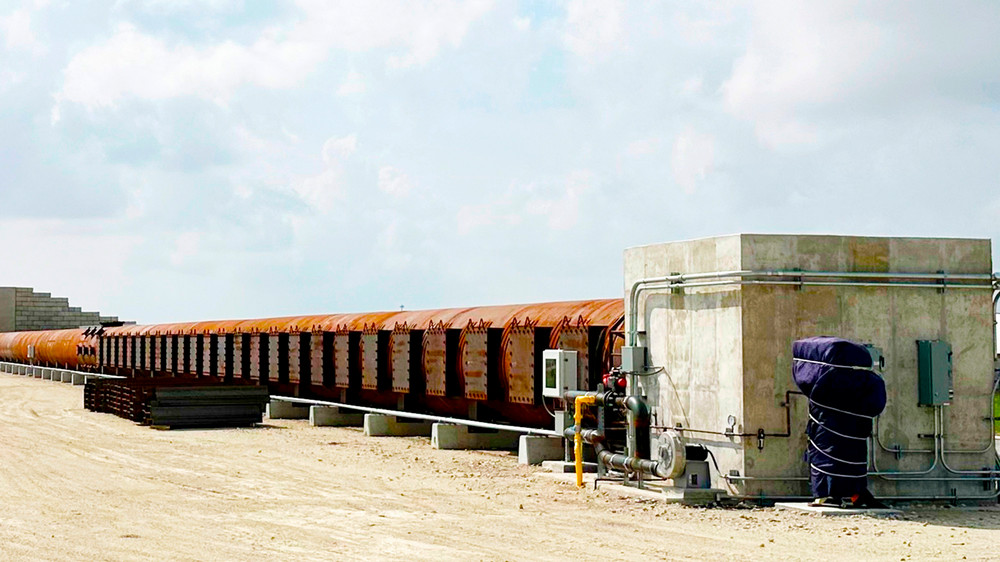
Focus Areas
- Combustion
- Detonation
- Numerical methods for large-scale simulations
- Reactive flow
Faculty and Research Staff
Paul Cizmas
- Professor, Aerospace Engineering
- Office: HRBB 631B
- Phone: 979-845-5952
- Email: cizmas@tamu.edu
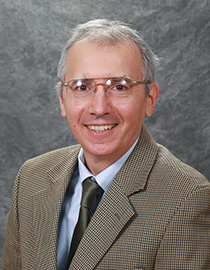
Diego Donzis
- Associate Department Head for Research, Aerospace Engineering
- Professor, Aerospace Engineering
- Anne and David Dunlap '83 Engineering Excellence Professor
- Presidential Impact Fellow
- Office: HRBB 605
- Phone: 979-862-2427
- Email: donzis@tamu.edu
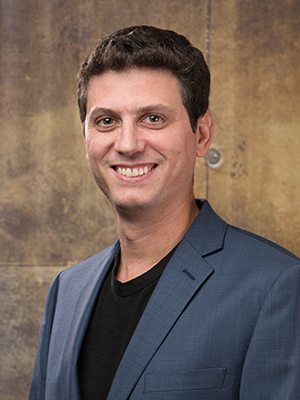
Swagnik Guhathakurta
- Assistant Professor, Aerospace Engineering
- Office: HRBB 743B
- Email: swagnik@tamu.edu

Scott Jackson
- Associate Professor, Aerospace Engineering
- Office: HRBB 743C
- Phone: 979-845-1694
- Email: sij@tamu.edu
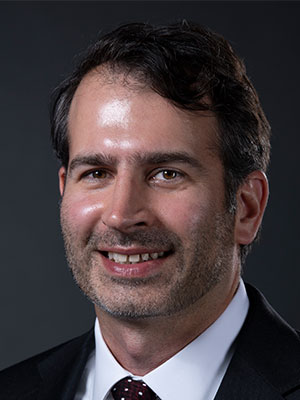
Adonios Karpetis
- Undergraduate Program Coordinator, Aerospace Engineering
- Associate Professor, Aerospace Engineering
- Engineering Honors Coordinator, Aerospace Engineering
- Office: HRBB 607C
- Phone: 979-458-4301
- Email: karpetis@tamu.edu
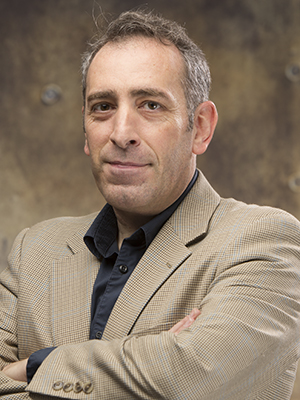
Elaine Oran
- Professor, Aerospace Engineering
- Member, National Academy of Engineering
- O'Donnell Foundation Chair VI
- University Distinguished Professor
- Affiliated Faculty, Mechanical Engineering and Multidisciplinary Engineering
- Office: HRBB 315B
- Phone: 979-845-2630
- Email: eoran@tamu.edu
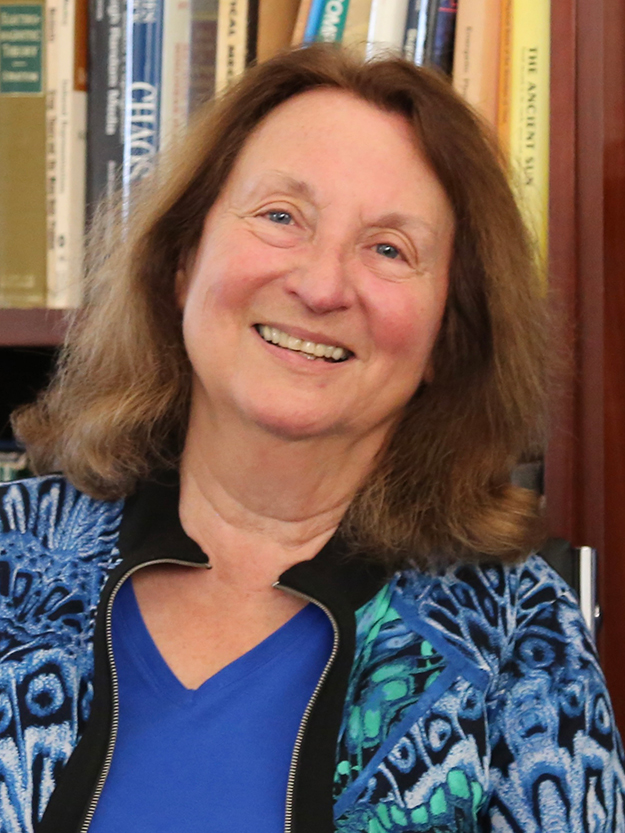
Theofanis Strouboulis
- Professor, Aerospace Engineering
- Office: HRBB 736B
- Phone: 979-845-1676
- Email: strouboulis@tamu.edu
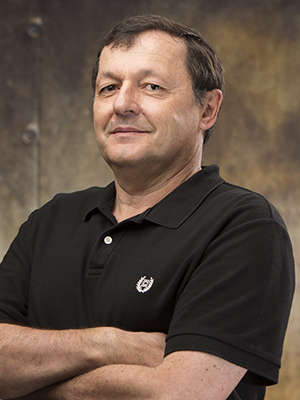
Nathan Tichenor
- Research Associate Professor, Aerospace Engineering
- Chief Research Officer, Bush Combat Development Complex
- Director of Hypersonic Facilities, Bush Combat Development Complex
- Office: HRBB 616B
- Phone: 979-317-1303
- Email: ntichenor@tamu.edu
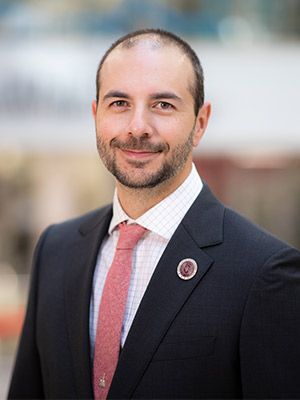
Albina Tropina
- Research Professor, Aerospace Engineering
- Office: HRBB 607A
- Phone: 979-845-0716
- Email: atropina@tamu.edu
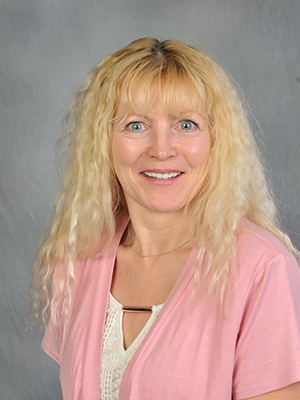
Bret P. Van Poppel
- Professor of Practice, Aerospace Engineering
- Office: HRBB 414B
- Phone: 979-458-5703
- Email: vanpoppel@tamu.edu
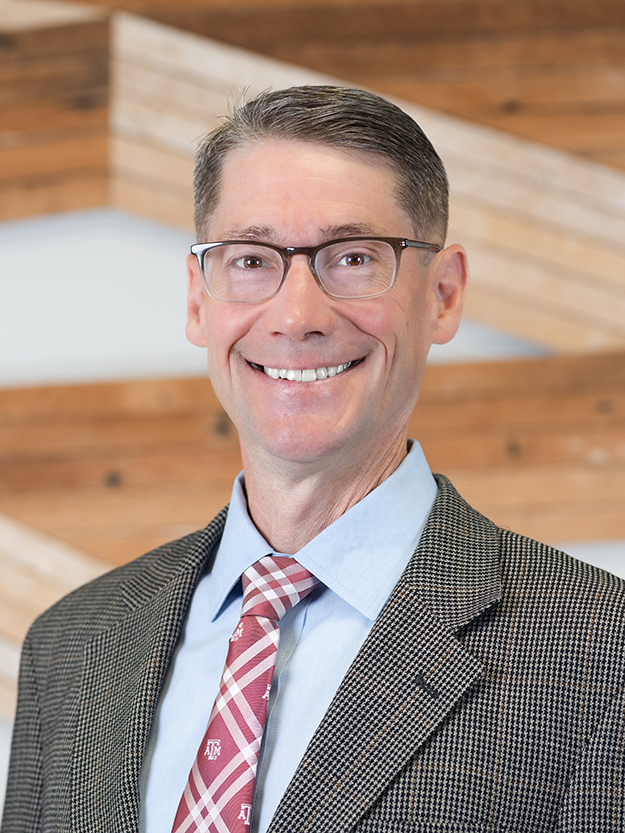
Laboratories and Facilities
Ballistic, Aero-optics, and Materials (BAM) Range
The Ballistic, Aero-optics, and Materials (BAM) Range at the George H.W. Bush Combat Development Complex is a large-scale, fully enclosed multi-disciplinary research and development facility capable of evaluating optical propagation (including high-energy lasers), true hypersonic aerothermodynamics, and hypervelocity impact response of materials and structures. This is accomplished within a fully characterized range that can achieve controllable atmospheric conditions. The 565-meter-long Phase I configuration is currently operational, with a 1km Phase II configuration under development. The BAM Range will be the largest and most fully instrumented facility of its kind in the United States and is available for academic, industry, and government collaborations.
Faculty Supervisor: Nathan Tichenor
Website: bcdc.tamus.edu/facilities/bam
Detonation Research Test Facility
The Detonation Research Test Facility, or DRTF, is one of the largest detonation research facilities in the world. It is designed to study and characterize high-speed reactive flows, fast flames, shocks, and detonations. The cylindrical steel tube is 150 meters long by 2 meters in diameter, with an earth-covered, vented muffler that is 90 meters long by 9 meters wide and high. The DRTF’s pressure and optical sensors will observe flame evolution and transition to detonation, enhanced by insertable steel baffles. Laser diagnostics will reveal the structure and dynamics of reactive flows. The DRTF will study the dynamics of explosive events and their flow physics, as well as reactions occurring in energetic materials generally. These experiments will help develop ways to avoid, mitigate, enhance, and even control these processes.
Faculty Supervisor: Elaine Oran
Website: Detonation Research Test Facility
Detonation Physics Laboratory
The Detonation Physics Laboratory specializes in the study of detonation physics, high-speed combustion phenomena and energetic material performance. Applications involve propulsion, power generation, explosion hazard analysis, defense and mining.
Faculty Supervisor: Scott JacksonWebsite: jackson.engr.tamu.edu